For centuries, human beings have turned to nature’s bounty for healing and relief from various ailments. Medicinal plants have played a pivotal role in traditional medicine systems across the globe, offering a natural and often effective alternative to synthetic pharmaceuticals. In this blog post, we will explore the top 10 medicinal plants that have been widely used around the world for their healing properties.
List of Top 10 Medicinal Plants Mostly Used Around the World
- Aloe Vera (Aloe barbadensis miller)
- Turmeric (Curcuma longa)
- Lavender (Lavandula angustifolia)
- Echinacea (Echinacea purpurea)
- Ginger (Zingiber officinale)
- Chamomile (Matricaria chamomilla)
- Peppermint (Mentha x piperita)
- Ginseng (Panax ginseng)
- Garlic (Allium sativum)
- Valerian (Valeriana officinalis)
Medicinal Plants Mostly Used Around the World
Aloe Vera (Aloe barbadensis miller)

Aloe Vera is often celebrated as the “plant of eternal life” due to its numerous health benefits. The gel derived from this plant is utilized to treat various skin conditions, sunburn, and wounds, showcasing its anti-inflammatory properties. Additionally, consuming Aloe Vera in the form of juice can contribute to improved digestion.
Read More: The Remarkable Gifts Rainforests Bestow upon Humanity
Turmeric (Curcuma longa)

Turmeric, with its active compound curcumin, has potent anti-inflammatory and antioxidant properties. For centuries, traditional Indian medicine, known as Ayurveda, has incorporated it into treatments for a variety of conditions such as arthritis, digestive problems, and skin ailments.
Read More: 10 Most Oxygen Producing Trees in India
Lavender (Lavandula angustifolia)
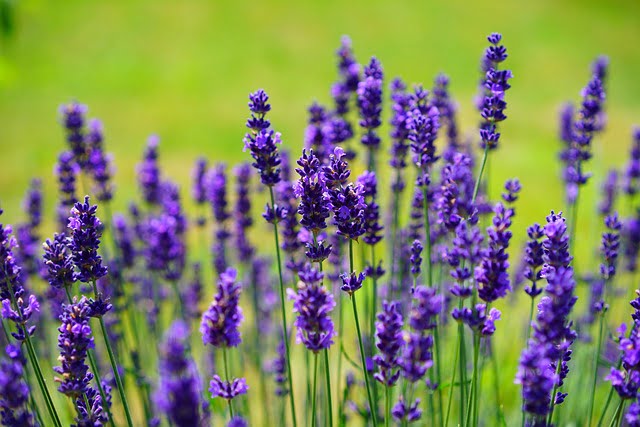
Lavender is renowned for its calming and soothing properties. Its essential oil is used in aromatherapy to alleviate stress and anxiety. It also aids in treating insomnia and skin irritations.
Echinacea (Echinacea purpurea)
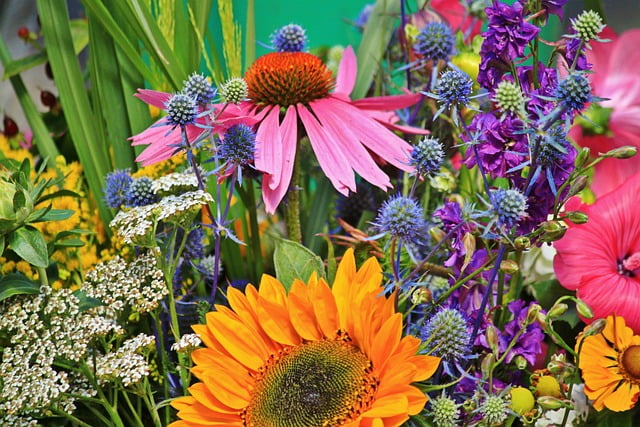
Echinacea, also known as coneflower, is used to boost the immune system and alleviate symptoms of the common cold and flu. It is known for its anti-inflammatory and antiviral properties.
Read More: Top Plants to Plant at Home in India
Ginger (Zingiber officinale)
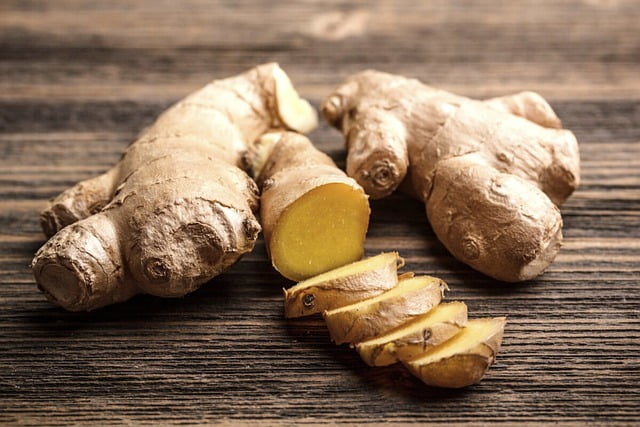
Ginger has long been used for its digestive benefits and anti-nausea properties. It is also an anti-inflammatory agent and can help reduce muscle pain and osteoarthritis symptoms.
Chamomile (Matricaria chamomilla)

Chamomile tea is a popular remedy for its soothing effects. It is often used to relieve insomnia, anxiety, and digestive discomfort. It also has anti-inflammatory properties.
Peppermint (Mentha x piperita)

Peppermint is recognized for its capacity to alleviate digestive problems like indigestion and irritable bowel syndrome (IBS). Additionally, its essential oil is applied topically to provide relief from headaches and muscle pain.
Read More: 13 Flowers That Bloom at Night
Ginseng (Panax ginseng)

In traditional Chinese medicine, ginseng is utilized to enhance energy levels, enhance cognitive function, and promote overall vitality. Additionally, it is thought to possess adaptogenic properties, assisting the body in adapting to stress.
Garlic (Allium sativum)
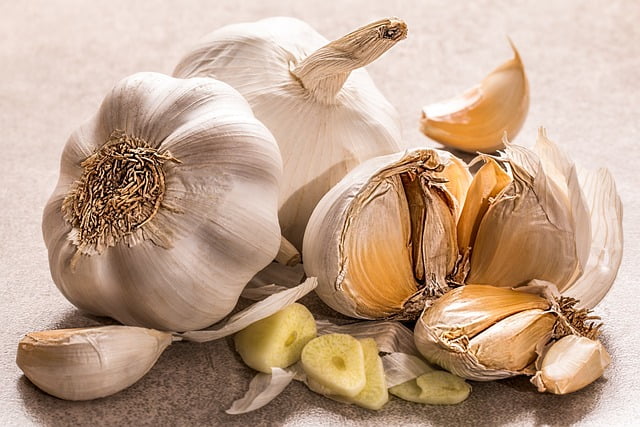
Garlic is renowned for its immune-enhancing characteristics, along with its capacity to reduce blood pressure and cholesterol levels. Frequently employed to prevent and alleviate the common cold and flu, garlic stands out for its multifaceted health benefits.
Read More: Therapy in Nature: 8 Mental Health Benefits of Nature Exposure
Valerian (Valeriana officinalis)
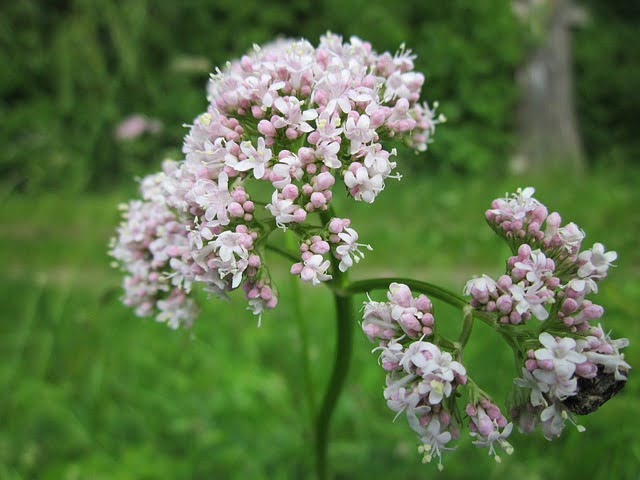
Valerian root is a natural remedy for insomnia and anxiety. It has a calming effect on the nervous system and is often used as a sleep aid.
Conclusion
Medicinal plants have been an integral part of traditional healing practices for centuries, and their efficacy is increasingly supported by scientific research. While these plants offer a natural approach to health and wellness, it is essential to use them with care and consult with healthcare professionals when needed. Nature’s pharmacy continues to provide us with valuable remedies, reminding us of the profound connection between the natural world and our well-being.
